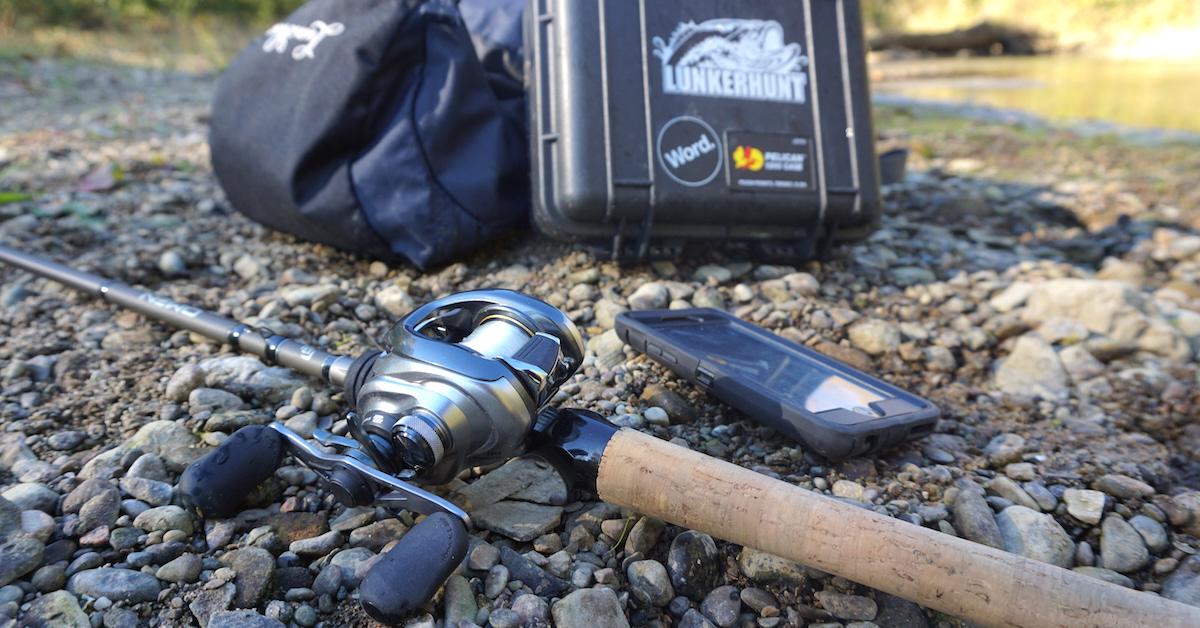The 7 Big Mistakes That Keep You From Catching More Fish
There is a fine line between success and failure in fishing. There are just too many factors out there that can cause you to lose a fish, miss the bite, or otherwise come up empty handed. Make a cast one foot to the right of a stump and you might not get bit, turn your head a second too early and you might miss the telltale boil of a bass chasing bait.Because so many of these factors are outside our ability as anglers to control, it becomes increasingly important to minimize the errors in the things we can control. To help, we sat down with some of the top minds in the sport and came up with the following list of common fishing mistakes – and how to avoid them.
1. Being unprepared
By far the most common angling mistake, unpreparedness can range from the minor – having only one bag of the hot colored worm, to the serious – forgetting to charge your trolling motor batteries. There’s nothing more frustrating than not having something you need once you get out on the water. Fortunately, unpreparedness is also super easy to fix. Develop a mental checklist of everything you’ll need each trip, and don’t leave the house until you’ve checked each item off.
2. Not developing a game plan
It’s been said that 90% of the fish in a waterbody occupy only 10% of the water. For that reason, having a game plan is critical to success as an angler. Don’t just go out there and start casting – think about what you’re trying to catch, where on the lake you may have success, and what types of techniques you may need to be successful. Think of this pre-game planning as an ‘outline’ for how you will approach the day. Don’t forget to be versatile though, as things on the water are constantly changing.
3. Being disorganized
You can’t tie on your lucky spinnerplug if you can’t find it, and you’ll never get that fish unhooked if your pliers are buried at the bottom of your tackle bag. Efficiency is key in fishing, and disorganization is the enemy of efficiency. Knowing what you have, and having everything in easily accessible locations will increase the number of casts you make in a days’ time – and increase the number of fish you catch.
4. Avoiding cover
Once you’re on the water, a critical mistake many anglers make is avoiding cover like laydowns, grass beds, and docks because they don’t want to snag up or lose baits. This is a big mistake, because cover is where most fish species hide. If you’re not fishing around cover, you’re likely not fishing around fish. There are many presentations and techniques out there designed to help anglers fish around cover without snagging up. Plus, it’s just part of the game – if you’re afraid to lose a lure you probably shouldn’t be using it.
5. Not thinking seasonally
Far too many anglers fish entirely off of memories. It’s easy to do too, as you are naturally compelled to visit the spots you’ve had the most success in the past. Well, the best spot in the spring may be barren come fall, so you’ll have the more success by fishing the current conditions, and tailoring your approach toward what the bass are doing now, rather than last week or last month.
6. Fishing too fast
If you watch some of the best in the business, one thing you’ll routinely see them do is lob cast after cast to the same likely looking piece of cover – especially when fishing with reaction baits. The reason they do this, is that in order to strike, a bass must see the bait first. If you only make one cast to a stump and move on, what happens if the fish is on the other side of the stump? Slow down and thoroughly saturate any pieces of cover you come to, ensuring that any bass in the area have seen your presentation.
7. Not paying attention
Some of the biggest clues to unlocking the bite can be picked up by simple observation. Seeing shad dimpling the surface, birds diving, or even a conglomeration of herons is a dead giveaway of the presence of bait. Mayfly hatches, cicadas singing, and even the buzzing of flies on a lily pad field can all give hints as to where the bite is best. If you’re not paying attention to these clues, you’re probably not maximizing your catch. Try to take in all the sights and sounds presented when on the water, as there are many times when it will give you the clue you needed to put the puzzle together.
Updated December 29th, 2015 at 1:21 PM CT


